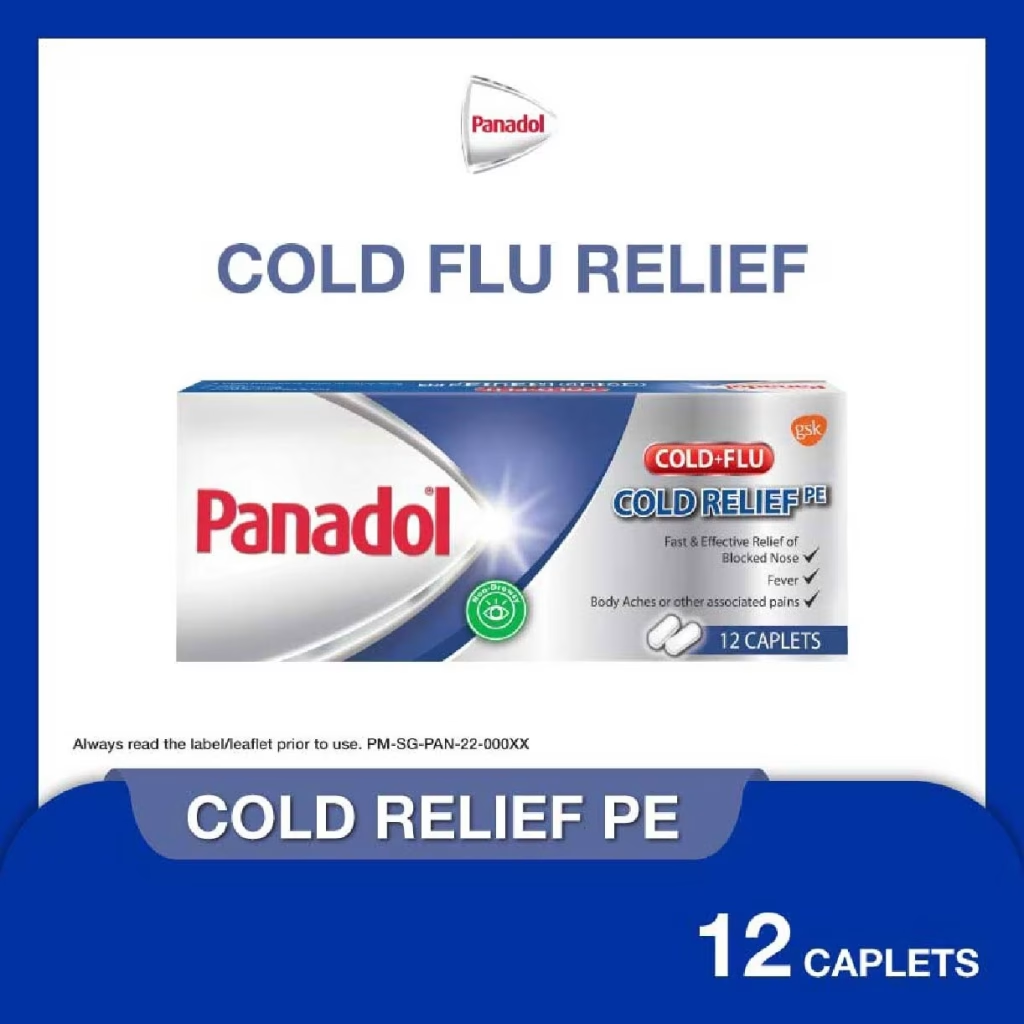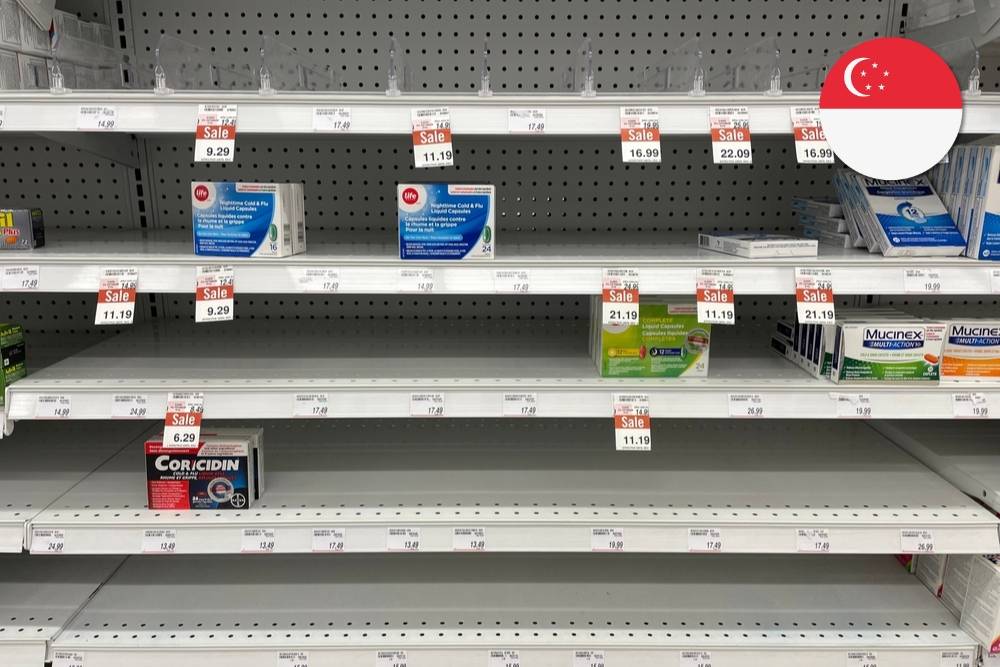The FDA has moved to ban oral phenylephrine, a common ingredient in cold medicines, after declaring it ineffective.
This decision impacts well-known brands like Panadol and Decolgen and raises questions about regulatory action in Singapore, where 14 such products remain approved.
Singapore’s Health Sciences Authority (HSA) is currently reviewing phenylephrine’s effectiveness but has not yet made a decision.
Medical Channel Asia spoke with a licensed pharmacist in Singapore, W, who wished to remain anonymous.
“This FDA ruling could prompt changes here, but it’s too soon to say,” W shared.
Why Did the FDA Ban Oral Phenylephrine?
The FDA’s proposed ban on oral phenylephrine stems from extensive evidence showing it does not effectively relieve nasal congestion. A thorough review of historical and recent data revealed the ingredient performs no better than a placebo.
Phenylephrine became a popular choice in the early 2000s after stricter regulations on pseudoephedrine, but its efficacy has been under scrutiny for years.
In 2023, an FDA advisory panel unanimously concluded that oral phenylephrine lacked evidence to support its effectiveness, leading to the agency’s recent decision.
Dr Patrizia Cavazzoni, director of the FDA’s Center for Drug Evaluation and Research, explained, “Based on our review of available data, and consistent with the advice of the advisory committee, we are proposing this action because oral phenylephrine is not effective as a nasal decongestant.”
Impact on Cold Medicines in Singapore
The FDA’s recent proposal to ban oral phenylephrine highlights the ongoing review by Singapore’s HSA. Singapore announced earlier this year that it is examining the evidence surrounding phenylephrine’s effectiveness. This follows global discussions, including the FDA advisory panel’s unanimous vote in 2023 declaring the ingredient ineffective for nasal decongestion.
Currently, 14 products containing oral phenylephrine remain registered in Singapore, including widely recognised brands like Panadol.

Under the brand Panadol, multiple formulations include phenylephrine ingredient. This includes Panadol Cold Relief PE, Panadol Cough & Cold, Panadol FluMax and Panadol Sinus MAX. These products are available over-the-counter, meaning consumers can purchase them without consulting a healthcare provider like a pharmacist.
What Should Consumers in Singapore Do Now?
With the FDA’s decision casting doubt on oral phenylephrine, consumers in Singapore may wonder how this affects their medication choices. While the HSA continues its review, pharmacists recommend exploring alternatives for nasal congestion relief.
Will Singapore Ban Oral Phenylephrine After FDA’s Decision?
The FDA’s final decision on oral phenylephrine is expected after the public comment period ends in mid-2025. As of 12 November in Singapore, the HSA’s review remains ongoing, and it has pledged to provide updates should regulatory action be necessary.
Experts predict that if the HSA aligns with the FDA’s stance, manufacturers of affected products may need to reformulate or withdraw them from the market.
“This would likely reduce the range of over-the-counter options, but consumers can trust that remaining products are both safe and effective,” said the pharmacist.
For now, consumers should stay informed and seek professional advice if unsure about their medication choices.
If you would like to check on the register of approved products in Singapore, you can check on Health Science Authority’s Register of Therapeutic Products, a publically available infosearch.

